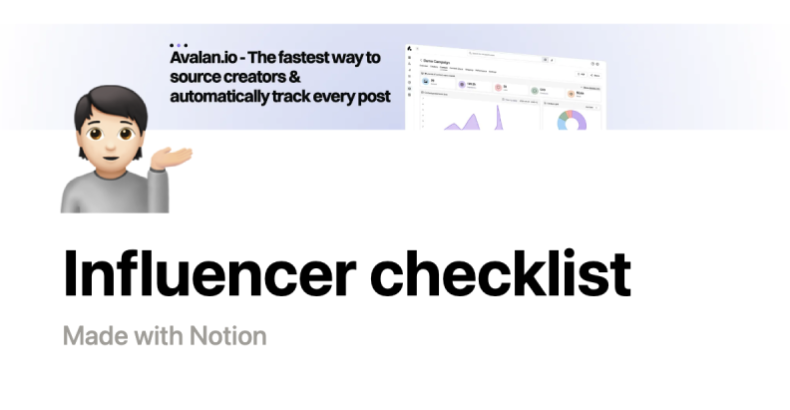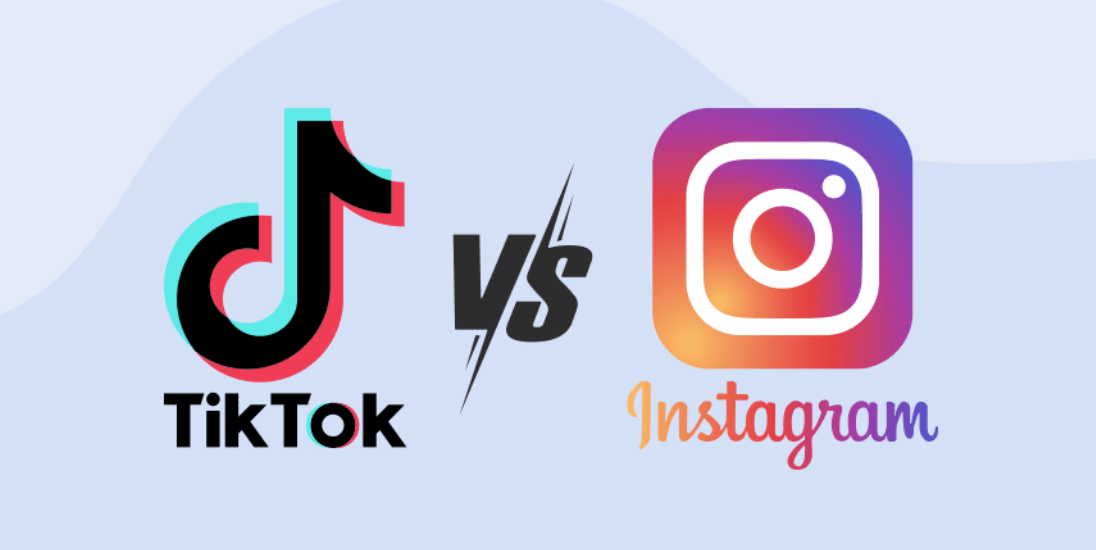In the year 2025, it's no surprise that every modern D2C brand and digitally native startup is doubling down on influencer marketing. Why? Because it works. Unlike interruptive ads that get in the way of your audience, influencer marketing offers something far more valuable: real human connection. When your product is mentioned by someone your target audience trusts, it doesn't sound like advertising, it sounds like advice from a friend.
But here's the thing most founders and marketers don't know: kicking off an influencer campaign is the simple part, running it well is where it gets complicated. Without a proper system, campaigns can fast descend into disorganization, with missing emails, mixed messaging, unknown ROI, and budget down the drain.
Influencer marketing is actually a growth strategy where brands collaborate with individuals, who are influencers, who've already built up trust with a specific audience on the internet. Instead of promoting your product directly through ads, you let the influencer naturally integrate it into their content.
There are tiers of influencers, from nanos with a few thousand highly engaged followers to micro and macro influencers with hundreds of thousands to mega-celebrities with millions of followers.
Each has value, but for most D2C brands, influencer marketing is one of the least expensive ways to build awareness quickly, generate user-generated content, and drive actual sales through traceable links or affiliate codes.

Why management is more crucial than ever
It is because as more brands invest in influencer campaigns, the space has become increasingly competitive and operationally complex. Without organization, you waste hours manually monitoring conversations, miss content deadlines, risk influencers posting off-brand content, and end up making decisions based on vanity metrics. Influencer marketing management isn't about outreach alone. It's about planning, coordinating, and optimizing campaigns at scale, not ad-hoc efforts that barely move the needle.
So how do you run a high-performing influencer campaign?
It starts with objectives. Before you reach out to one influencer, define what success is: awareness, conversions, content creation, or building long-term community engagement? Each goal requires a slightly different approach, and it determines the type of influencer you should be targeting. Discovery and screening are next. Audience alignment is much more crucial than the number of followers, and engagement rates more than raw numbers give you a true sense of potential influence. Upfluence, Modash, or Avalan are platforms that can help with discovering and screening influencers and save you from common pitfalls like fake followers or suspicious engagement.
Outreach is where the human touch makes a difference.
Work with influencers, not at them as ad channels. Get in touch personally, offer fair compensation, and send a clear brief outlining campaign goals, key messages, preferred formats, and timings. A simple contract detailing usage of content and timings can save headaches down the line. Campaign rollout from there is a coordination exercise. Shared diaries, immediate feedback, and brief communication get the content live on schedule and representing your brand correctly.
Tracking and optimization are the final pieces of the puzzle.
Metrics like reach, engagement, clicks, and revenue from trackable links tell you what's actually working, and post-campaign analysis reveals which influencers delivered the best ROI and how you can improve even more next time. The key is to treat influencer marketing like a repeatable and scalable system, not a one-off project.
No matter if you operate campaigns in-house, via a platform, or with an agency, there are pros and cons to each. Small teams are most often best off with a hybrid: using a platform to handle discovery, analytics, and tracking, but keeping messaging and relationships directly in their control. Upfluence, Modash, Avalan, and even light solutions like Google Sheets or Notion are all tools that can be effectively utilized to manage campaigns, depending on budget and size.
.jpg)
Looking to the future, influencer marketing is only going to increase in significance.
Anticipate more affiliate-driven collaborations, AI and virtual influencers making their way into niche markets, an increased focus on authenticity, and long-term partnerships that see influencers become true brand ambassadors. Brands that are agile, and that can organize and execute campaigns with clarity, structure, and the appropriate technology will see the rewards, even with fewer teams or reduced budgets.
The lesson?
Influencer marketing isn't a hack or a one-off campaign but a channel that delivers concrete growth when executed right. It's a system and should be treated as such, and making investments in the right tools enables even lean D2C teams to run campaigns that can stand up to the giants.
If you're prepared to get started today, solutions like Avalan make it simpler than ever to create your own in-house influencer marketing machine, finding, managing, and optimizing campaigns that really drive conversions.
About Avalan
Automatic tracking of posts, Stories, Reels and TikToks saves you time and ensures you always know what’s live. Collaboration, content approval and performance dashboards are all handled in one place - no more spreadsheets or scattered workflows.
Whether you're a D2C brand scaling campaigns, a B2B marketer building trust, or an agency managing multiple clients, Avalan gives you smart tools to run smarter influencer programs, faster and with confidence..
.jpg)







.svg)
